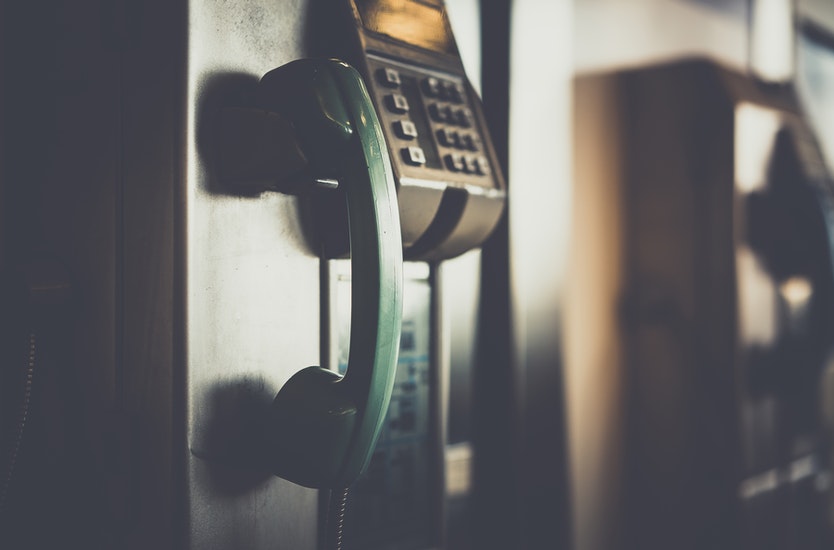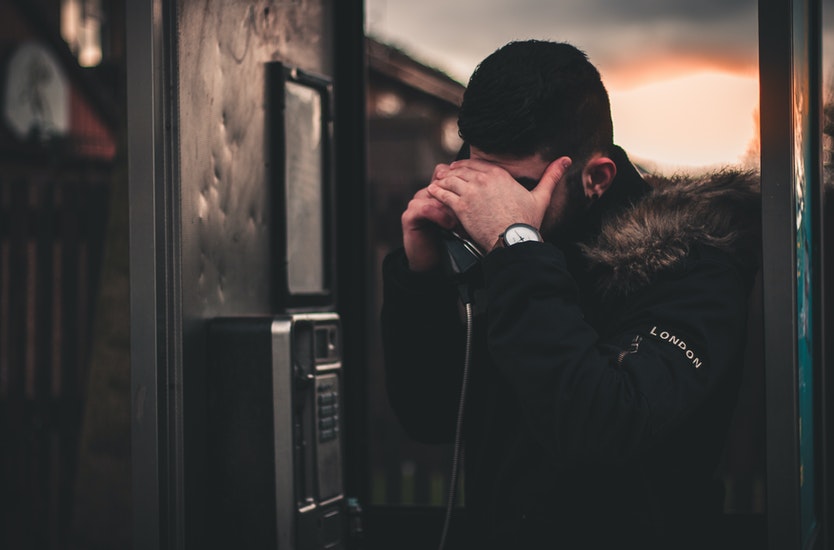Airport Security Screening Know Before You Go
When traveling through the airport you see and hear many upset and angry people in the screening area. It really does not have to be that difficult if you plan ahead and prepare your luggage appropriately. The person who is angry is the one who came unprepared and packed prohibited items in his luggage.
Liquids and gels seem to be the latest cause for grumbling at the screening checkpoint. The current regulations allow passengers to carry 3 ounce or smaller bottles of liquids and gels. The bottles must be placed in a one-quart, clear, plastic zip bag. One plastic bag per person is allowed, limiting the total you can carry. When you get to the x-ray place the zip bag in the security bin for screening, this will speed up the process. If you leave the liquids in your bag, your bag will be flagged and searched.
There are some exceptions to the liquids and gels rule. Baby items such as food, formula, juice and breast milk are allowed in larger quantities. They will allow “reasonable quantities”, no true amount is given, just pack what you feel you will need for the flight. Medications are also allowed and are subject to the “reasonable quantities” rule. Be sure to declare these items during screening to the make the process fast and painless.
Keeping other prohibited items out of your carry on will also make for a much more pleasant screening process. Sharp objects such as knives, ice picks, razor blades swords and sabers are not allowed as a carry on. These items are allowed in checked baggage, but should be packed appropriately or sheathed to prevent injury to baggage handlers and inspectors. Sporting goods such as baseball bats, cricket bats, golf clubs, hockey sticks and more are not allowed as carry ons. No firearms can be carried on as well as self defense items, but they may be in checked baggage. Tools greater than 7 inches in length are also prohibited. Flammables and explosives are not permitted in carry on or checked baggage, with the exception of certain lighters, which may be carried on if they meet the current regulations. Check the TSA website for a current list of prohibited items before you travel.
Knowing what to expect during the screening process will make the process smoother. Pack your bags neatly and organized to allow the screener to see what is inside should a bag check be called. Have ID and boarding pass in hand as you approach the checkpoint. Coats and shoes must be removed and placed in a security bin for inspection. Over-sized electronic items should also be placed in a separate bin for screening. Do not wear bulky or baggie clothing to the airport and remember to remove all loose metal from your clothing and pockets. If you are selected for further screening be patient and courteous, this will speed the process along.
Remember the most important thing is to be prepared and enjoy your trip. Be sure to check the TSA website for the latest information on prohibited items and security information.

Recent Post
What is The Meaning of a Medusa Tattoo?
January 9, 2025
The Meaning of Encanto in Spanish and Origin
January 4, 2025
Equivalent Phrases For “Including But Not Limited To”
December 30, 2024
How To Make Weekend Greetings More Fun?
December 30, 2024
10 Modern Sayings Similar To “Be There Or Be Square”
December 30, 2024









